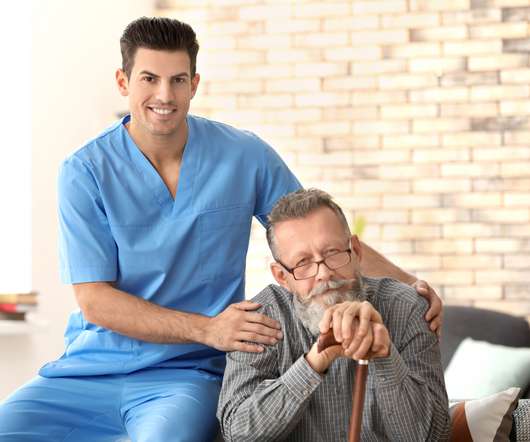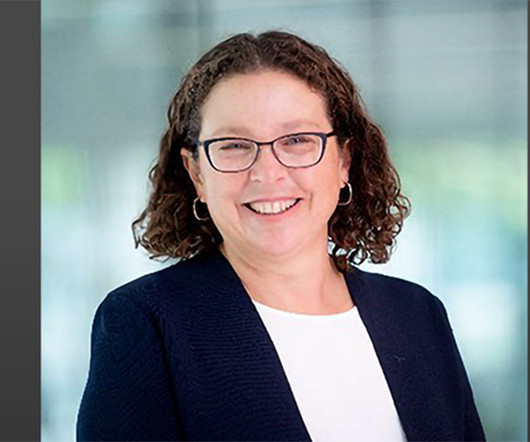Screening for Dementia: A Podcast with Anna Chodos, Joseph Gaugler and Soo Borson
GeriPal
JULY 19, 2024
Lastly, Soo Borson is a self-described primary care leaning geriatric psychiatrist, developer of the Mini-Cog, and co-leads the CDC-funded BOLD Center on Early Detection of Dementia. Alex 00:09 We are delighted to welcome S oo Borson, who is a primary care oriented geriatric psychiatrist. Who do we have with us today? Alex 12:52 Yeah.












Let's personalize your content